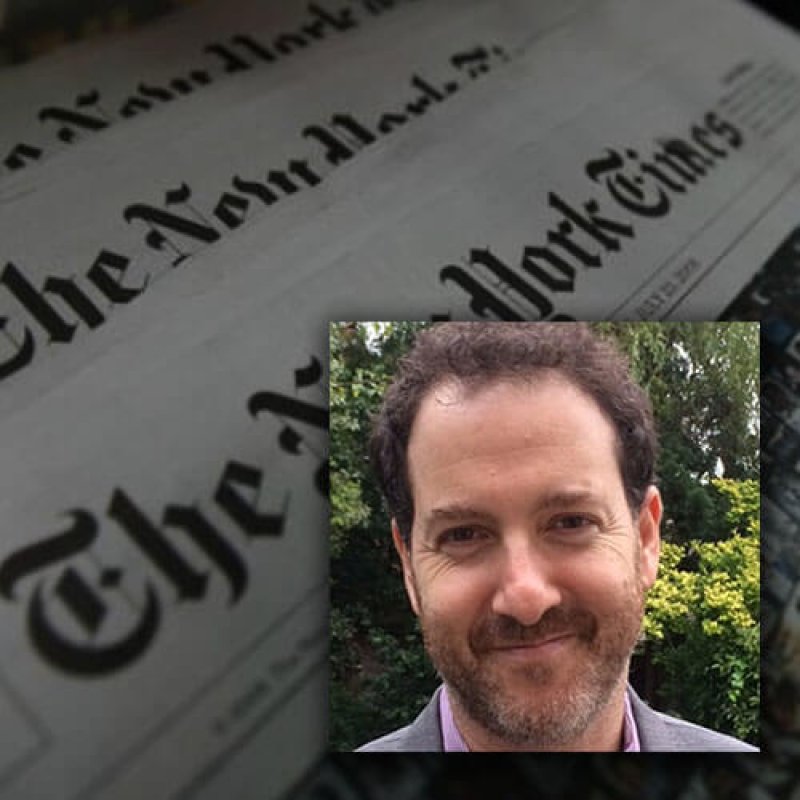…
Danny Hakim’s attempt to skewer biotech crops in his recent article on the front page Sunday’s New York Times (Doubts About the Promised Bounty of Genetically Modified Crops, Oct. 29, 2016) is skewed from beginning to end. His insight – what he says the debate has missed – is that genetic modification has not accelerated increases in crop yields.
Well – duh! – they weren’t meant to. The two major modifications in widespread use today are resistance to certain types of pests and tolerance to the herbicide glyphosate. These biotech traits were designed to be advantageous to farmers by decreasing their input costs through reduced use of insecticides, and reduced necessity for weed control. So citing yield data is simply disingenuous. It’s kind of like accusing the body shop that just fixed your dented car door of not making your engine run better.
Hakim makes much of the fact that herbicide use has gone up, but neglects to mention that the major herbicide used, glyphosate, is much less toxic than its predecessors. Hence, most sound analyses do not analyze simple amounts used, but a more sophisticated measure called the “environmental impact quotient” or EIQ.
The GLP aggregated and excerpted this blog/article to reflect the diversity of news, opinion, and analysis. Read full, original post: Hakim’s Effort to Skewer Biotech Crops in Sunday’s NY Times































